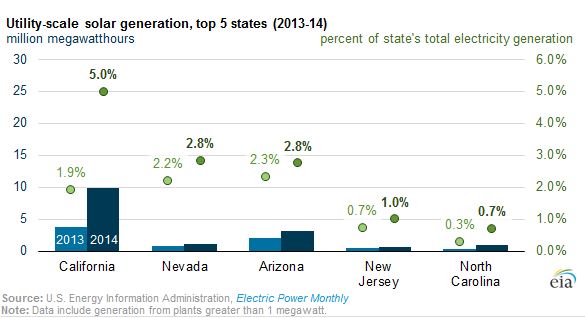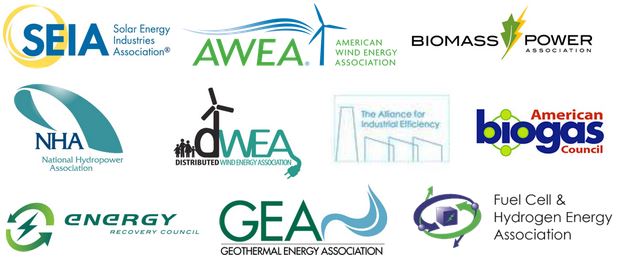 New standards have been released for up to 20 percent blends of biodiesel in heating oil. The National Biodiesel Board says ASTM International, an organization which sets industry consensus standards for fuels, released new performance specifications for blends of 6-to-20 percent biodiesel, a blend known as Bioheat fuel, with traditional heating oil. The existing No. 1 and No. 2 grades in ASTM D396 already cover 5 percent biodiesel or less.
New standards have been released for up to 20 percent blends of biodiesel in heating oil. The National Biodiesel Board says ASTM International, an organization which sets industry consensus standards for fuels, released new performance specifications for blends of 6-to-20 percent biodiesel, a blend known as Bioheat fuel, with traditional heating oil. The existing No. 1 and No. 2 grades in ASTM D396 already cover 5 percent biodiesel or less.
“The oilheat industry is reinventing itself as a 21st century fuel by moving to higher blends of low carbon biodiesel and ultra low sulfur levels across the board,” said John Huber, president of the National Oilheat Research Alliance.
The new B6-B20 grade is a blend of all the parameters contained in the existing No. 1 and No. 2 oilheat grades, but adds parameters for stability and allows a slightly higher distillation temperature for the blends. The changes are the same as those for B6-B20 in on-and-off-road diesel fuel passed by ASTM in 2008.
“The data set behind these changes is one of the most extensive I’ve seen in more than 20 years at ASTM,” said Steve Howell of M4 Consulting, an ASTM Fellow who chairs the ASTM Biodiesel Task Force. “Having an official standard for higher biodiesel blends in heating oil will help foster consumer confidence, and give blenders and distributors a needed tool to incorporate more low carbon, ultra-low sulfur biodiesel into heating oil.”
Some Bioheat dealers say they have been selling B20 blend for a number of years already with no issues for their customers.
“The technical data with this ballot for the new B6-B20 grade verified what we have known for years — that B20 made with high quality biodiesel works well,” said Seth Obetz, president of Pennsylvania-based Bioheat distributor Worley and Obetz. “We have marketed high quality B20 for 14 years and our customers see fewer problems with B20 than with conventional heating oil.”









